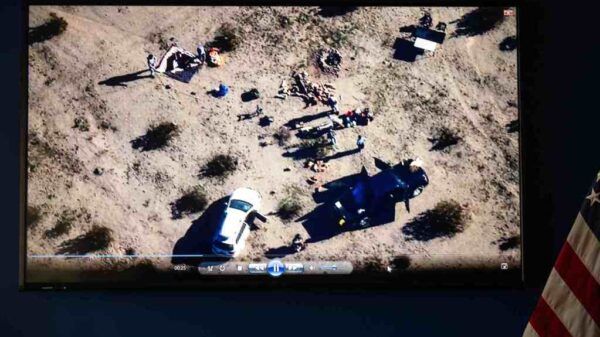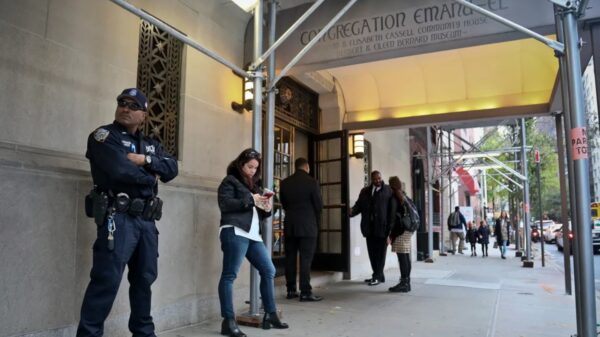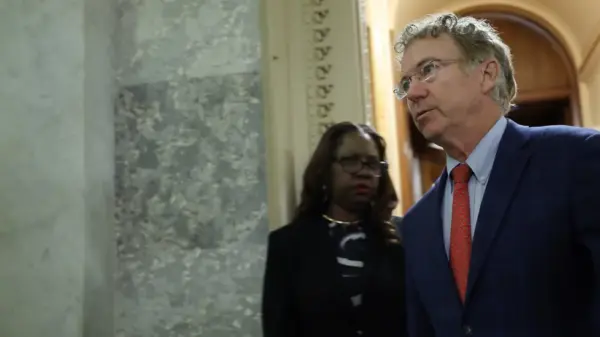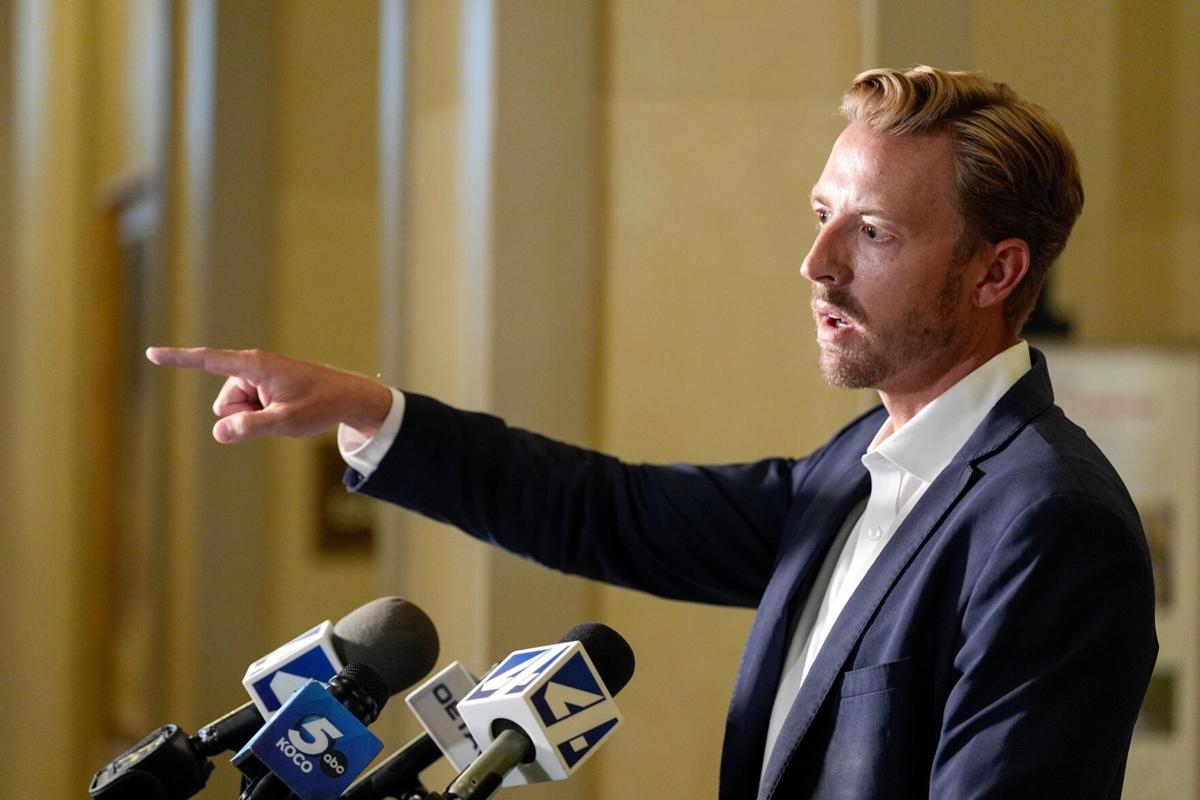Oklahoma State Superintendent Ryan Walters has sparked controversy with an edict calling for public school students and staff to observe a moment of silence at noon on March 12, 2024, in memory of slain conservative figure Charlie Kirk. Critics argue that this move exploits a tragedy for political gain and undermines the integrity of educational practices in the state.
Walters, who assumed office without prior administrative experience, has consistently pursued a campaign that emphasizes introducing Christian principles into schools and promoting American exceptionalism. His approach has raised concerns regarding the legality and morality of his actions, particularly in light of the chaotic state of the Oklahoma State Department of Education (OSDE).
The call for a moment of silence has been met with resistance from several school districts. Many educators believe that they are equipped to manage moments of national tragedy in ways that are developmentally appropriate for their students. Drawing parallels to significant historical events, such as the assassinations of President John F. Kennedy and civil rights leader Martin Luther King Jr., educators have experience guiding students through difficult discussions.
Walters’ directive has been criticized as a manipulation of a tragic event for political purposes. He has faced backlash for failing to respect the expertise of educators and local control over how to address sensitive issues. School districts have noted that they already adhere to a state-mandated moment of silence, which has been in effect since 2002. This established practice typically occurs at the start of the day, allowing students a brief pause for reflection.
The recent moment of silence, however, is viewed as an unnecessary and disruptive demand. Many lunch periods are as short as 20 minutes, making it challenging for students to adjust their schedules for a second moment of silence. In a statement, Walters claimed that the moment was intended to honor Kirk’s memory, but critics contend that it has overshadowed pressing issues facing the OSDE, including ongoing litigation over new social studies standards that have been halted by the Oklahoma Supreme Court.
With more than 20 state and federal lawsuits filed against him and the OSDE, Walters is facing increasing scrutiny over his governance. Instead of focusing on essential administrative duties, he has turned his attention to investigating twelve school districts and seventy teachers who allegedly did not comply with his moment of silence request. This approach has raised concerns about the growing teacher shortage crisis and deteriorating academic outcomes in Oklahoma.
While moments of silence can serve as valuable opportunities for reflection, they should not be weaponized for political agendas. Walters’ actions have prompted discussions about the role of the OSDE and the need for effective governance that prioritizes the educational needs of students. Critics argue that Oklahoma deserves leadership focused on improving educational outcomes and retaining qualified teachers, rather than engaging in politically charged theatrics.
The ongoing struggles within the OSDE highlight the importance of supporting educators and fostering an environment conducive to effective teaching and learning. As the situation unfolds, many Oklahomans hope for a return to a more balanced and respectful approach to education, one that values the voices of teachers and prioritizes the well-being of students.







































































